Transcription
Jordan Hansen: Hello everyone, and welcome. Today I'm here with John Mizzi from Vero Technologies. It's great to have you here today. Like I was talking to you before, you've been doing a lot of these podcast interviews.
John Mizzi: Yeah, you do a great job and really excited to have this chance to speak with you.
Jordan Hansen: Thanks, Jordan Hansen. I've been interviewing people across the spectrum in all types of areas of alternative finance. The fun part of me getting to talk to you is that I'm in the software space and the technology space and so are you. And so that makes it extra exciting for me knowing that, you know, we're both in that SaaS space. You kinda understand those pains and, and the awesome part that comes along with it. But just a quick background. We'd love to hear a little bit more about what got you into this specifically and why.
John Mizzi: Yeah. My background's always been in financial services. You know, initially did corporate strategy for B of A, spent a few years working at an alternative investment platform, and then got into the FinTech world about a decade ago. I was the first employee of another company. Worked with that team for about four years and actually had a client engagement. So we operate in the wholesale financing or floor plan financing space. Floor planning, for those who may not be familiar, it's for auto equipment, power sports, RV dealerships. You know, they're carrying millions and millions of dollars of inventory in their showrooms, and not many people realize it, but given how capital intensive it is to finance that inventory or to acquire that inventory from manufacturers, dealers will typically rely on some type of third party financing. So think of it as inventory financing, but for big ticket items, for big ticket manufactured goods.
And we had a client engagement with a group in the space in my prior role. The more I kind of got in the weeds in the industry and understood how things were being done, you know, it's not the sexiest niche in the credit markets and our view was that it had been under invested in, from a technology standpoint over the last few decades. And so we saw an opportunity to really build out an operating system for wholesale financing, not necessarily that backend accounting and calculation engine so much as how do we build tools and workflows and data analytics that can help a lender really scale up their operations efficiently, but also take advantage of all the latest and greatest third party tools that were accessible to support credit underwriting, risk monitoring, you know, data visualization and everything in between.
Jordan Hansen: Got it. So if I'm understanding correctly, your customers, again, you know, with most fintechs you're working with financial institutions, specifically ones that are targeted toward, you know, auto financing. You call them floor plan, right?
John Mizzi: Yeah. So I mean, the biggest players in the space are Ford Motor Credit, GM Financial, Toyota Financial Services. You know, those are the captive finance arms of these manufacturers and their whole function or mandate is to provide the financing solutions that dealers and their end customers need. But obviously there's many, you know, big and small banks, independent finance companies and other institutions that play in the space as well.
Jordan Hansen: Ooh, ooh, that's interesting. So these GM Ford, they have their own, is it its own entity?
John Mizzi: Yeah. Yeah. I mean, it's... I saw a funny article recently. I think everyone uses this word embedded financing today. And you know, the Klarna is, you know, Klarna is kind of the quintessential embedded finance partner. Klarna exists to help retailers sell more stuff.
Jordan Hansen: Yeah. A retail, I just saw the headline, how, I think it was 60% of Coachella tickets got financed through a buy now pay later scheme.
John Mizzi: Yeah. And so the bigger the ticket item, the more likely that the buyer needs some type of payment plan on that. So the automakers were the first ones to create these finance organizations who are exclusively dedicated to providing financing solutions that their customers require to buy the product of the OEM.
Jordan Hansen: So, but again, let's say Ford Finance, I think you said that company, they're working with the dealers, or do they actually work with the consumer? Like who are they?
John Mizzi: You went to buy, you went to buy a car from a Ford dealer. Likely the best offer you're gonna get for financing maybe from Ford Motor Credit, which is the finance organization associated with Ford Motor Company.
Jordan Hansen: So, and now what about the dealer holding all that inventory on there? Space.
John Mizzi: Ford Motor Credit provides financing for dealers to acquire the real estate that the store sits on. They'll provide working capital financing in some cases. And then really the primary is the floor plan financing so that those dealers can carry more cars. The general thinking is the more cars that a dealer has parked in their showrooms and on the lot in front of the store, the more cars that they're gonna sell.
Jordan Hansen: Yeah, so that's interesting. They're doing the whole spectrum, then they're doing the dealer and then they're also, you know, helping out the customer that's coming into the dealer.
John Mizzi: Mm-hmm.
Jordan Hansen: Oh, that's interesting. So, but your target specifically is the people you know, Ford Motor Credit, I think you said, you know, G...
John Mizzi: The other lender. Yeah, we provide solutions for lenders who administer this type of credit product.
Jordan Hansen: Got it. So it's that in between. And that's because you had this background already working in it and you saw that the technology right there, helping them is just bad.
John Mizzi: Yeah. Yeah. I mean, I'm not really a, it was kind of a joke I used to have, but I'm not a product guy. You know, I'm not passionate about the next widget or I, I don't know. I think I'm not that creative. But I really like unsexy industries and spaces that clearly are still operating in the Stone Age. And when I got exposure to this market, it felt like a perfect place to really drive change. And that's where we came from five years ago.
Jordan Hansen: Yeah, it feels satisfying. I, I don't know for you, but for me, just seeing usage, right? Especially someone that's underserved, like you said, a market that's not being served to deliver something that really helps them out and they realize, oh my gosh, this is so helpful. We needed this, that, that's like the, for me, that's like the best part of it.
John Mizzi: Yeah. The frustrating part of it is getting those early adopters who don't think you're selling a bunch of vaporware because... But once you cross that chasm, it starts to get really fun.
Jordan Hansen: Yeah. And that's really the gratifying part. Okay. So what do you think the role of technology... This is interesting 'cause these are probably companies that have had these institutions forever. Uh, you know, the space I'm in, you know, like I said, alternative finance in general. I wouldn't say new, but it's kind of new. Whereas, uh, you know, Ford Motor credit's probably been around for a hundred years. Who I don't, I don't know exactly, but something like this.
John Mizzi: Been nearly a hundred years.
Jordan Hansen: Right, exactly. So trying to get them to adopt technology. Tell me, how are you doing that? Like in your sales calls when you're talking to them, not just them, but other people, obviously there's a ton of 'em probably that are smaller. Yeah. You know, what does that sales process look like and how does that go?
John Mizzi: Everyone's different. You gotta figure out what they care about. What problems do they have? What do they wanna solve for? We wasted so much time in our early days just with folks that it was a show and tell. They wanted to see what was out there. They had absolutely no intention of buying anything, but you know, they wanted to keep digging in and digging in and it, because it's interesting.
Jordan Hansen: It's education. Yeah. Right. It's pushing the limits of what they knew and opening their eyes to what might be possible in the future.
John Mizzi: We've gotten much more dialed in terms of screening those folks out earlier in our process, just in order to be efficient with our resources. But we love working with groups that are growing, you know, the reality in many cases given how operationally intensive this type of credit product is, is that growth of your portfolio and growth of your headcount are linear. Yeah. And I find that to be mind boggling in many cases. And so if we find a group that's growing and you know they wanna increase their portfolio by 20%, our goal is for them to be able to do that without adding a single headcount.
Jordan Hansen: Ah, that's...
John Mizzi: Efficiency. We're selling the reality that a lot of their team is handling mundane, repetitive, manual tasks that should be automated, and we can streamline their operations, we can provide more transparency across their portfolio, and we can help them grow without needing to add bodies and seeds. You know, the reality is in our industry five years ago, and this is one of the things that got me really excited is you're giving dealers millions of dollars of capital and it's asset backed, but your collateral is the car or the tractor that can get driven off the lot or hauled away on the back of a trailer.
Yeah. And so you really have to police these folks because if they have a slow month, they're gonna take the proceeds from that tractor and use it to pay their staff their salaries rather than pay you as the lender. And so we've come up with a lot of unique tactics and tools to monitor dealers in between audits and in between payment dates. And so it enables, you know, our clients to have much more transparency in real time as to the pulse of what's going on at their borrowers. And again, it's, it's a trust building exercise. You hope that you don't ever need it, but you're sure as hell happy when you do have it. Um, in the case that you know, the current state of our market where no one knows what, what's gonna happen, these tariffs are gonna be...
Jordan Hansen: Mm-hmm.
John Mizzi: No one knows how it's gonna impact supply chains. No one really knows where things are gonna shake out after this 90 day pause. And so a lot of the OEMs in the equipment space, particularly everyone has a global supply chain. You know?
Jordan Hansen: Yeah. At least a little bit. There's always a small portion...
John Mizzi: You're building, especially in North America or in United States, your overhead is gonna be exponentially higher relative to building in India or China. Yeah. And so, you know, you'd be stupid not to have a global supply chain, but right now that means that their cost basis could, is up at least 10%. If not higher.
Jordan Hansen: Right. Um, so online lending is increasing. People are able to do more online and, and apply more often. It seems like from your scenario, maybe you're somewhat protected because it's all hard, you know, you know the collateral really well, but how do you deal with fraud and do you see it growing in your space? Do you see it something that is, is, I mean, of course you see it growing up, but I'm kind of curious how you treat that and, and how do you, you know, how do you deal with that?
John Mizzi: I like to say if some of these dealer borrowers spend as much time just figuring out how to run a successful business as they do figuring out how to cheat.
Jordan Hansen: I know, right? Yes. It would be in a much better place in everyone. Everyone would be better. Yeah.
John Mizzi: You know, the reality is obviously with the digital age we live in or tools to forge, documents to misrepresent details are more accessible and people are just smarter for what's possible and what they could do and how creative they can be. You know, the counterbalance to that is tools like Oculus, you know, tools like Cobalt where you can identify details as a lender that you wouldn't have access to historically. I think the big challenge for a lot of folks today is just how to manage all the data and the third party systems and tools and insights that you can garner in a cohesive way.
Jordan Hansen: Yeah.
John Mizzi: Um, so what we've done is when we're out in the market, we obviously have a pulse on what are the best KYB solutions, what are the best solutions to monitor bank accounts? What are the best solutions to monitor the DMV registries for any title registration events, or I should say DMV databases? But what our position is, is we're not a, you know, today at least we're not a primary data provider in the sense that we're not tapped into the DMV or to, you know, the credit bureaus in, in, in a, you know, that sense.
But we are a data ingestion platform where we are helping a, we wanna make sure that, you know, a credit underwriter, a risk manager, a collections person, they never have to leave our platform. All of those third party tools and data is flowing through our systems and presented in the way that is accessible and actionable for them. And then really, I think the next stage as we think about using data effectively is obviously now we're at this point where we have critical mass. We understand the dynamics and market environments and factors that come into assessing and ultimately uncovering when a dealer is going the wrong direction early.
And so we've developed a variety of different alerts. We'll have a flashing red light when our system picks up certain behaviors that would indicate a dealer's having credit issues. Bring the attention of the lender to that account on a more automated basis, rather than them have to comb through thousands and thousands of lines in an Excel file to figure out, you know, who's having some, some issues at their store.
Jordan Hansen: So with regulation, you know, in the alternative finance basis, this is always a hotly debated topic of how much, it's too much, if it, is it helpful or not? The area you're in, I'm kind of curious, do you feel like the regulation affects, you know, there's a lot of new regulation coming out for the alternative finance space, the space you're in, it's almost not new. Uh, you know, this is a space that's been doing this for a long time, so maybe regulation doesn't impact you as much because it probably is already. Yeah. Tell me more about regulation in, in your specific part of the industry.
John Mizzi: I mean, I think the beauty of commercial lending in general, again, within reason and mm-hmm. And we're not creating a new type of asset class here, but commercial lending regulations are just much lighter relative to consumer. Obviously there's some back and forth between the Biden era and the Trump era around what types of disclosures and profiling needs to be provided by a borrower to the lender for compliance. Besides that, it's not necessarily lending regulations that are impacting the business so much as tariffs.
Jordan Hansen: Yeah.
John Mizzi: That policy, other commercial policies that are going to impact the general market environment.
Jordan Hansen: Yeah, I was gonna say, typically that's my question in these interviews is like, how is regulation affecting you? But for you, and probably for most people, the tariffs is the uncertainty of the market right now. That's almost the bigger question, the bigger concern for sure.
John Mizzi: Yeah. That and just the reality of what does the global trading environment look like in the future, because, 'cause no one knows, right.
Jordan Hansen: Just knowing, having a certainty would be very helpful.
John Mizzi: Well, and the reality is, even if there is a framework that's applied that we stick to, I think globally trust has been undermined. Yeah. Where the European markets, the Asian markets are never gonna have the same reliance on the us. And if anything, I see this prompting more of a similar shift to what we're seeing in the US today, where these countries do take a more protectionist or nationalist approach where they start incentivizing the OEMs within their borders to build things and make it more difficult for US manufacturers to get product into those markets.
So I do think there's gonna be a bit of a reordering here, to what degree it's too soon to say, but it'll be an interesting market to navigate. And the reality is, you know, I think we benefit as a software provider where our goal is just to help any of the organizations who are supporting these OEMs and dealers benefit from, you know, the best possible operating system.
Jordan Hansen: Yeah, I, that's what I was gonna ask. Does it cause you concern? For me, I don't feel a ton of concern. There's always bad when it's uncertainty.
John Mizzi: We were working on a deal with the US arm of a Chinese manufacturer and their finance business and the deal fell apart in some part due to just the reality that I don't think they know if they're gonna be doing business in the US a year from now. Considering what...
Jordan Hansen: So it certainly impacts you. Yeah, for sure. Was there any parts of the space that you feel extra excited about right now going forward? You know, taking out both the technology, maybe AI or, you know, uh, it's tough with the regulation and current political climate, but what would you say?
John Mizzi: Yeah, I mean, I think generally FinTech, I remember being 22 and you know, in this strategy role at B of A, and it's like the concept of FinTech. You know, now we have embedded lending and AI and all, like all of these other things. Things that are derivations of, or subcategories of FinTech. But 14 years ago, FinTech was the thing or the buzzword, and I do think over the last decade there's been this maturation that's occurred where the legacy, you know, even I think 10, 15 years ago, every bank was investing millions and millions in technology and building their own proprietary systems.
I think the reality is there's been this general consensus that banks are great at delivering financial solutions, but they probably should stay in their lane and not try to build their own tech. Right? And so there's this recognition that working with new and emerging companies that are developing solutions that are not encumbered with... You know, the, the reality is the incumbents in our market all have been around for 20 or 30 or 40 years. They all built on-prem software systems that have been migrated to the cloud, but still got migrated with a lot of baggage. Mm-hmm. From version based, you know, solutions that they were born out of.
And so I think our biggest differentiators that we only did get started five years ago, we built everything cloud native. We built with the microservices architecture we built with the latest and greatest tools that allowed us to move quickly and capital efficiently. And obviously it was really challenging those first two or three years before we had that initial population of early adopters. But now I think what makes us really excited is simply we're not the new kid. We're not what, we're still on a relative basis. The new kids. We're not really new kids on the block anymore. People have seen us at the conferences year after year. People have ignored our phone calls enough times where they're finally starting to answer.
Jordan Hansen: Yeah.
John Mizzi: And so that's really invigorating...
Jordan Hansen: That time and market. Yeah, that can live long enough. And then you kind of become more like a household closer to our household name, where something more recognizable.
John Mizzi: And I get it. It's trust, it's credibility. Yep. It's we're providing a business critical service and you can't, you can't have a calculation issue. Right. But at a certain point, you know, I think there's, uh, you build that trust over time and there's no, there's no way to circumvent the time required.
Jordan Hansen: Yeah. That's for sure. Well, John, I appreciate the time you spent. Um, you know, I really appreciate it and this has been awesome.
John Mizzi: Thanks for having me. We'll see you.





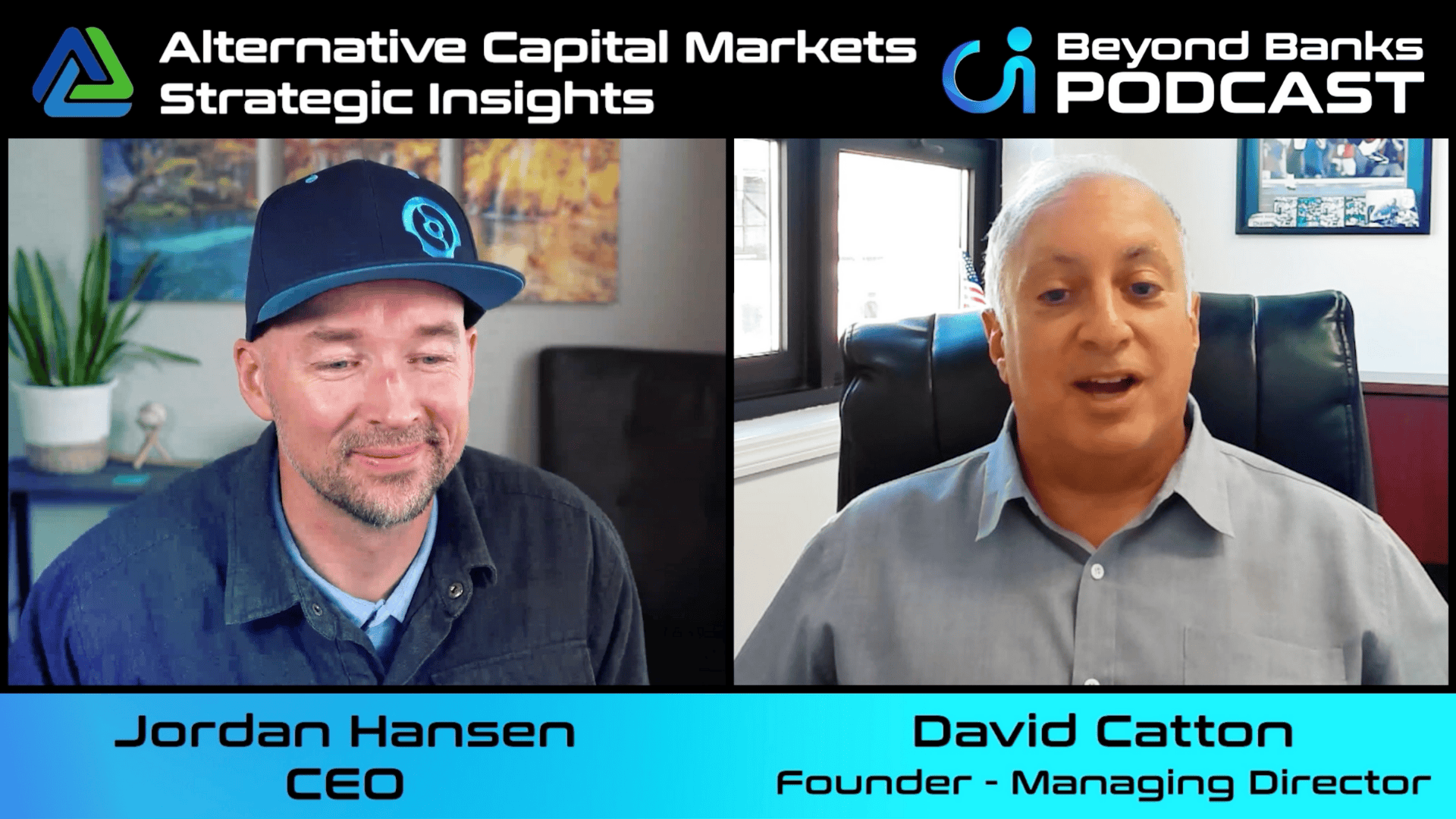
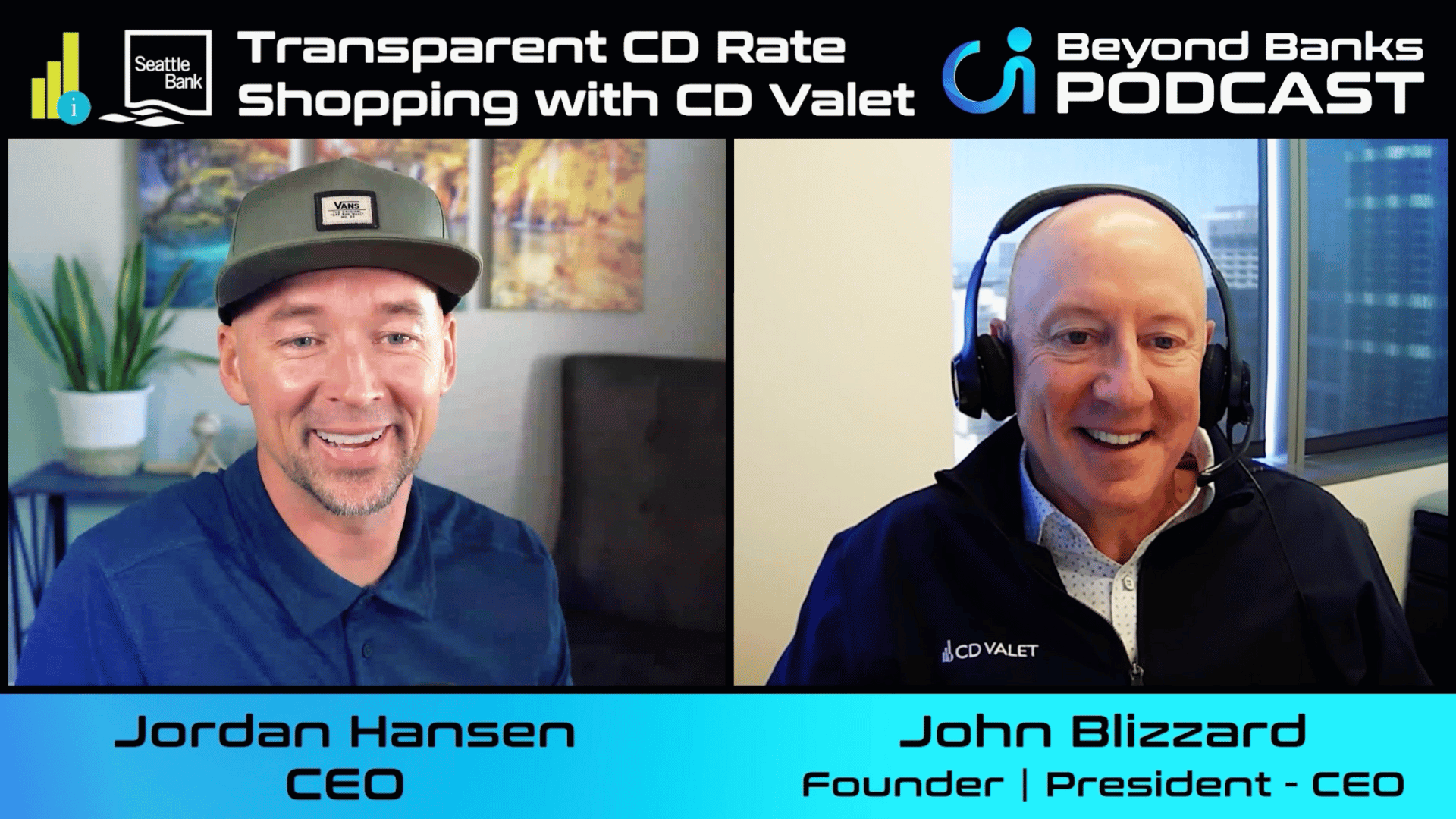


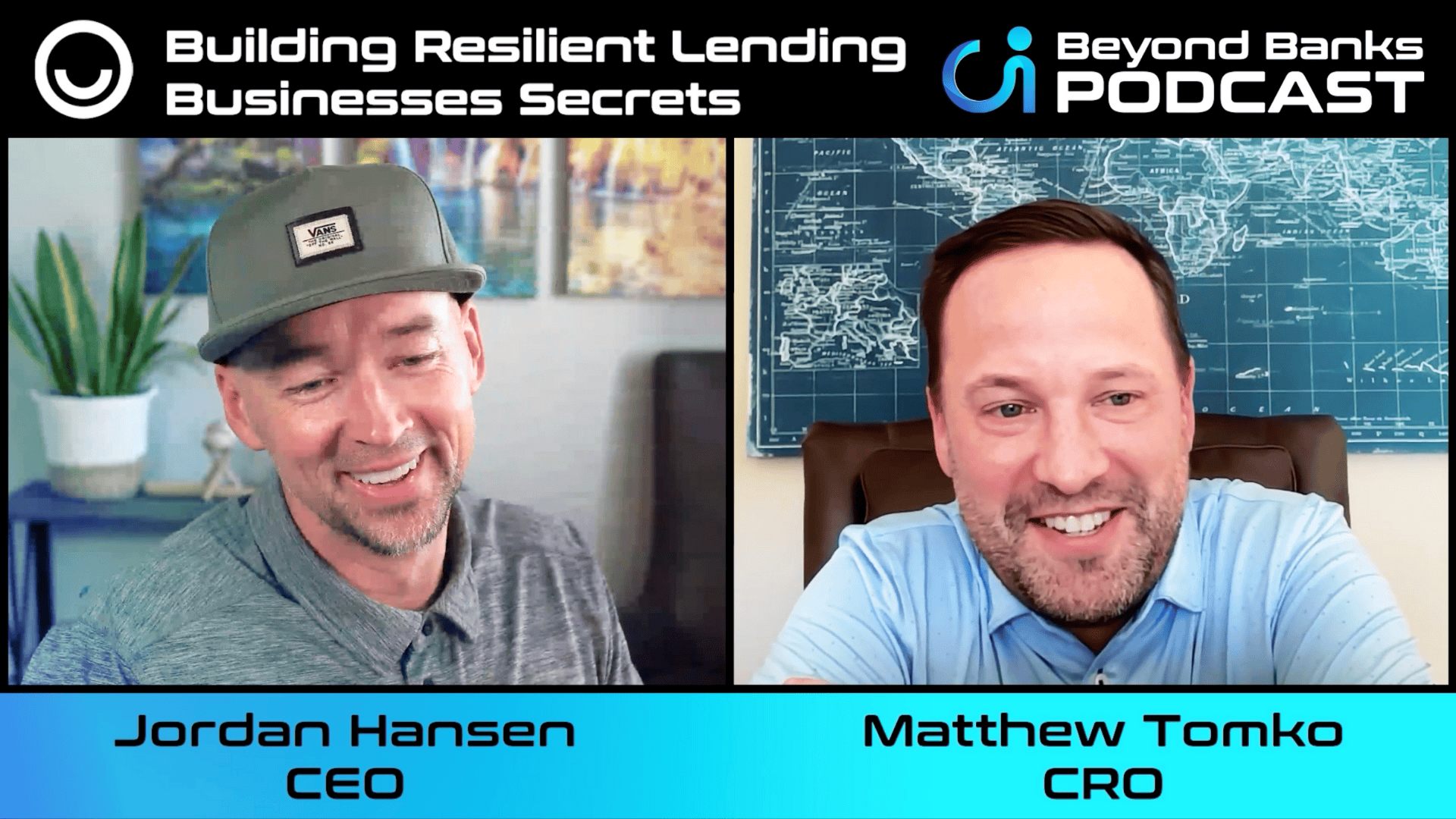

.png)
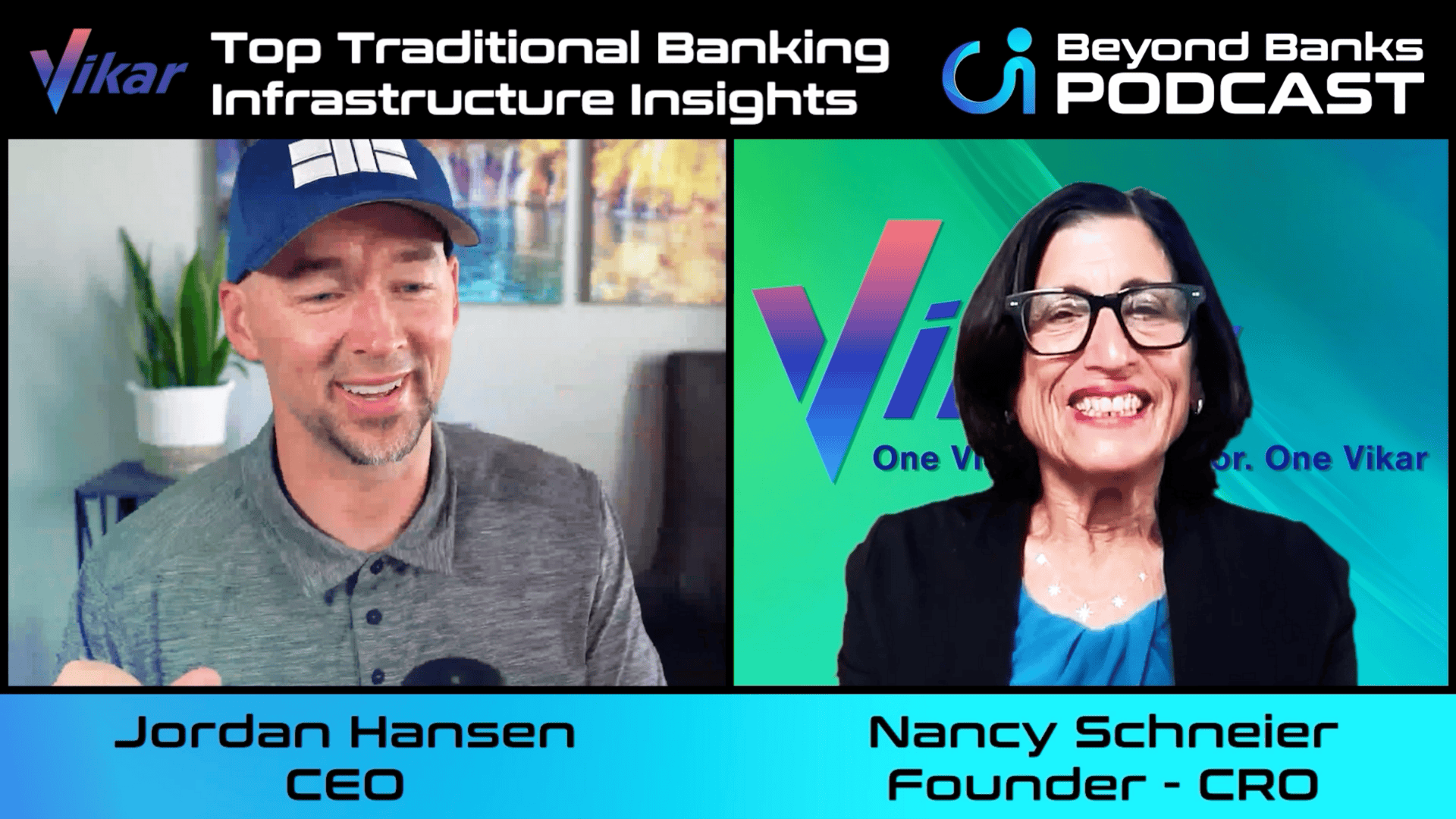
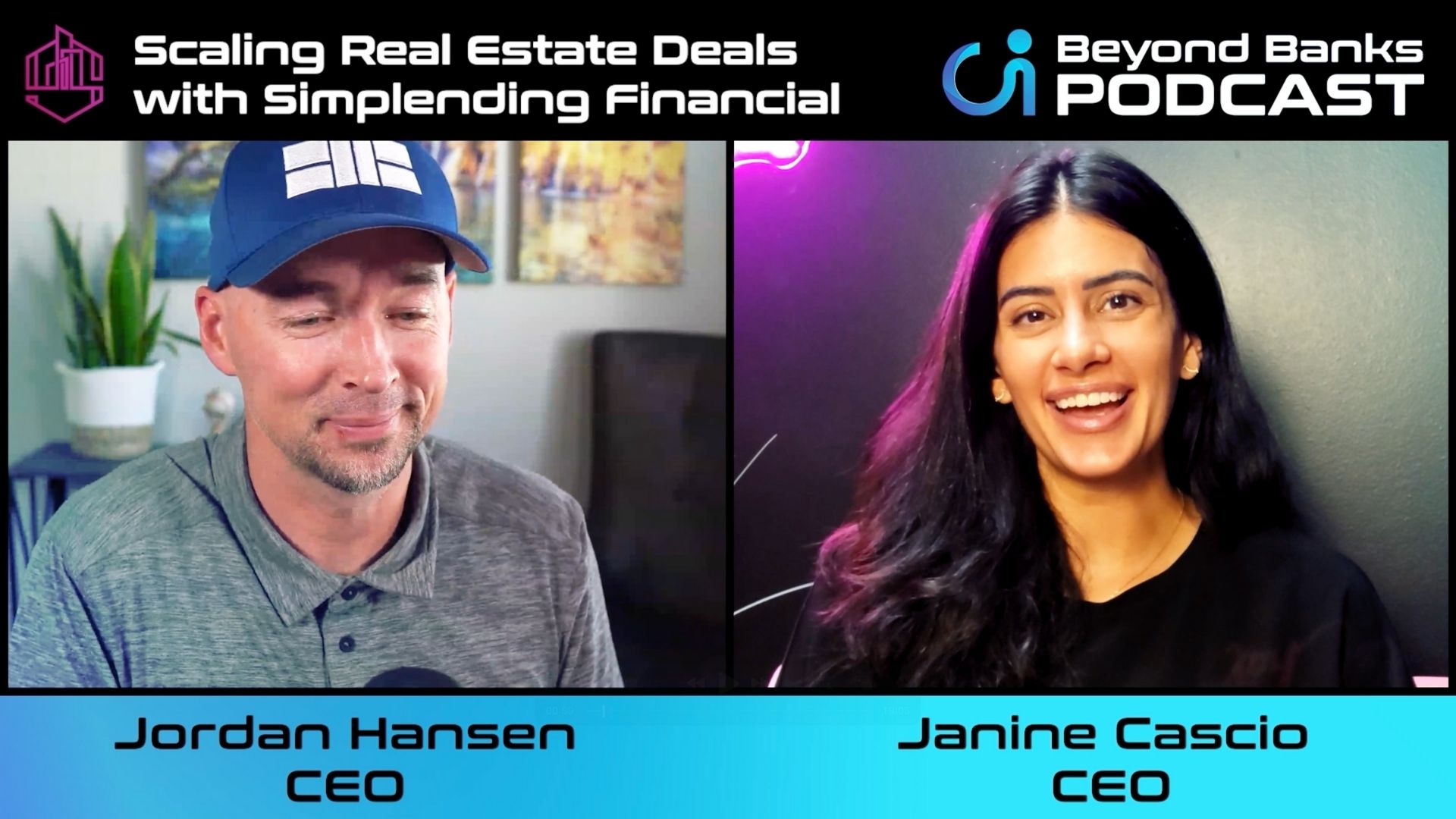
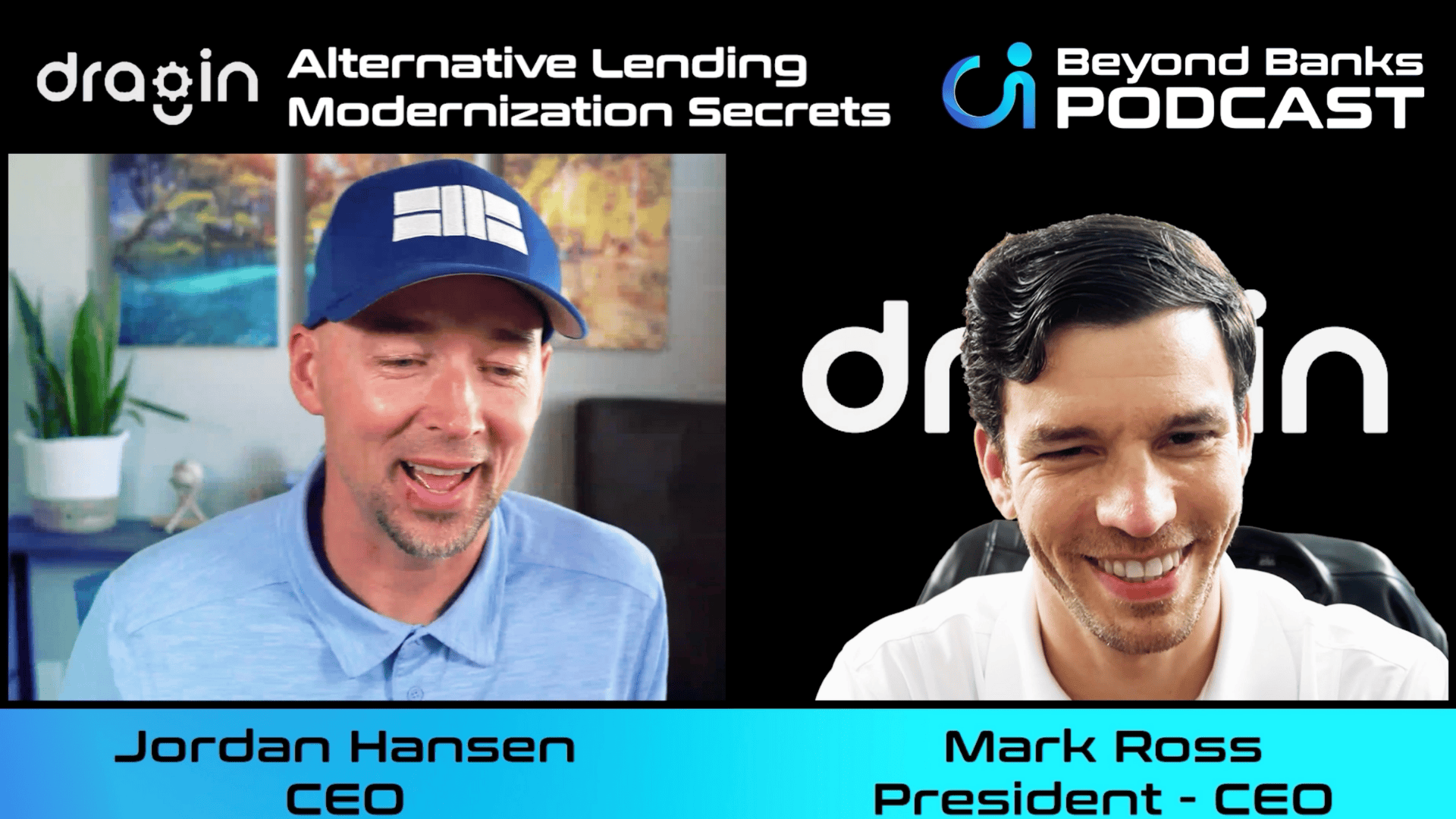
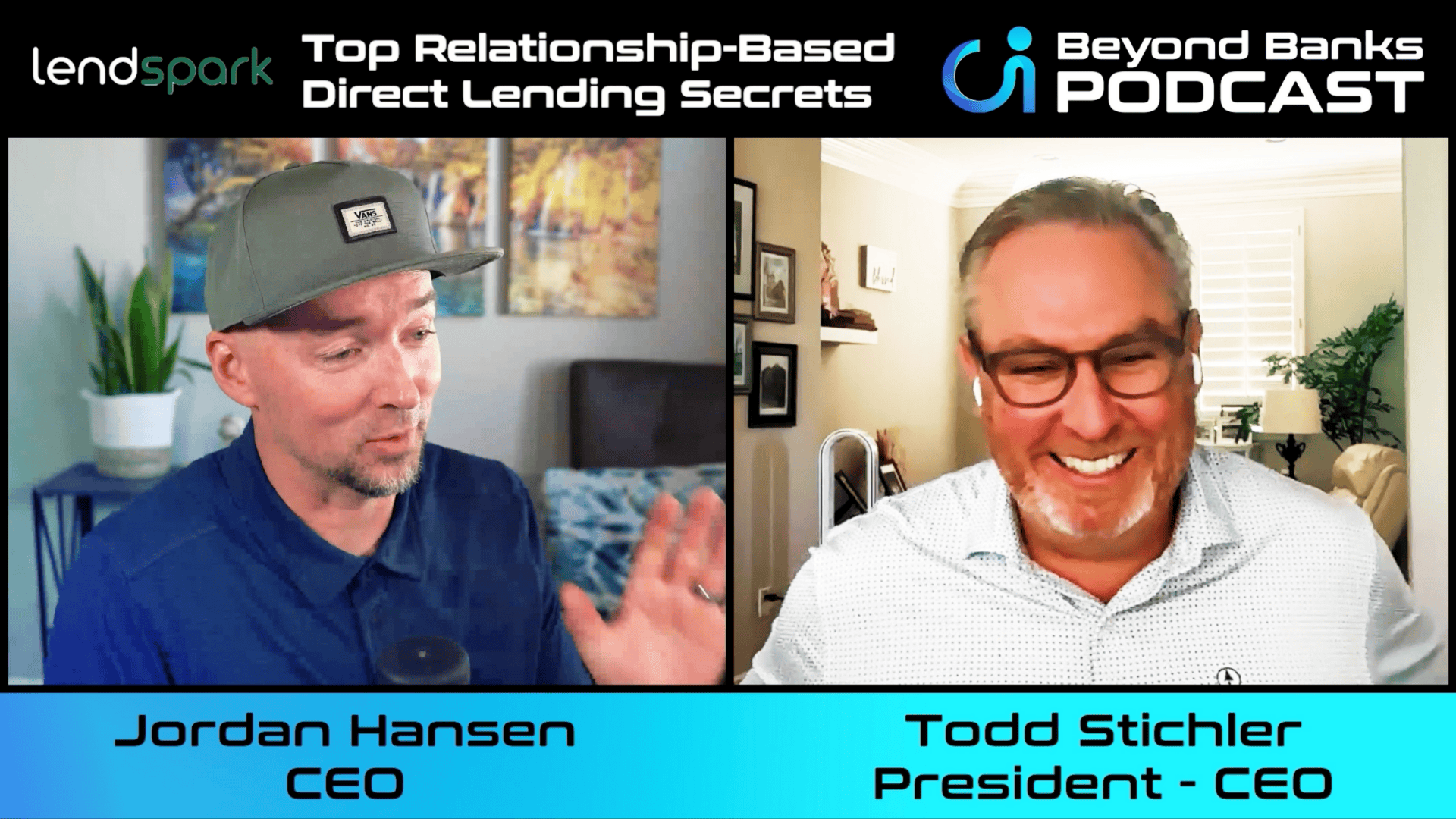
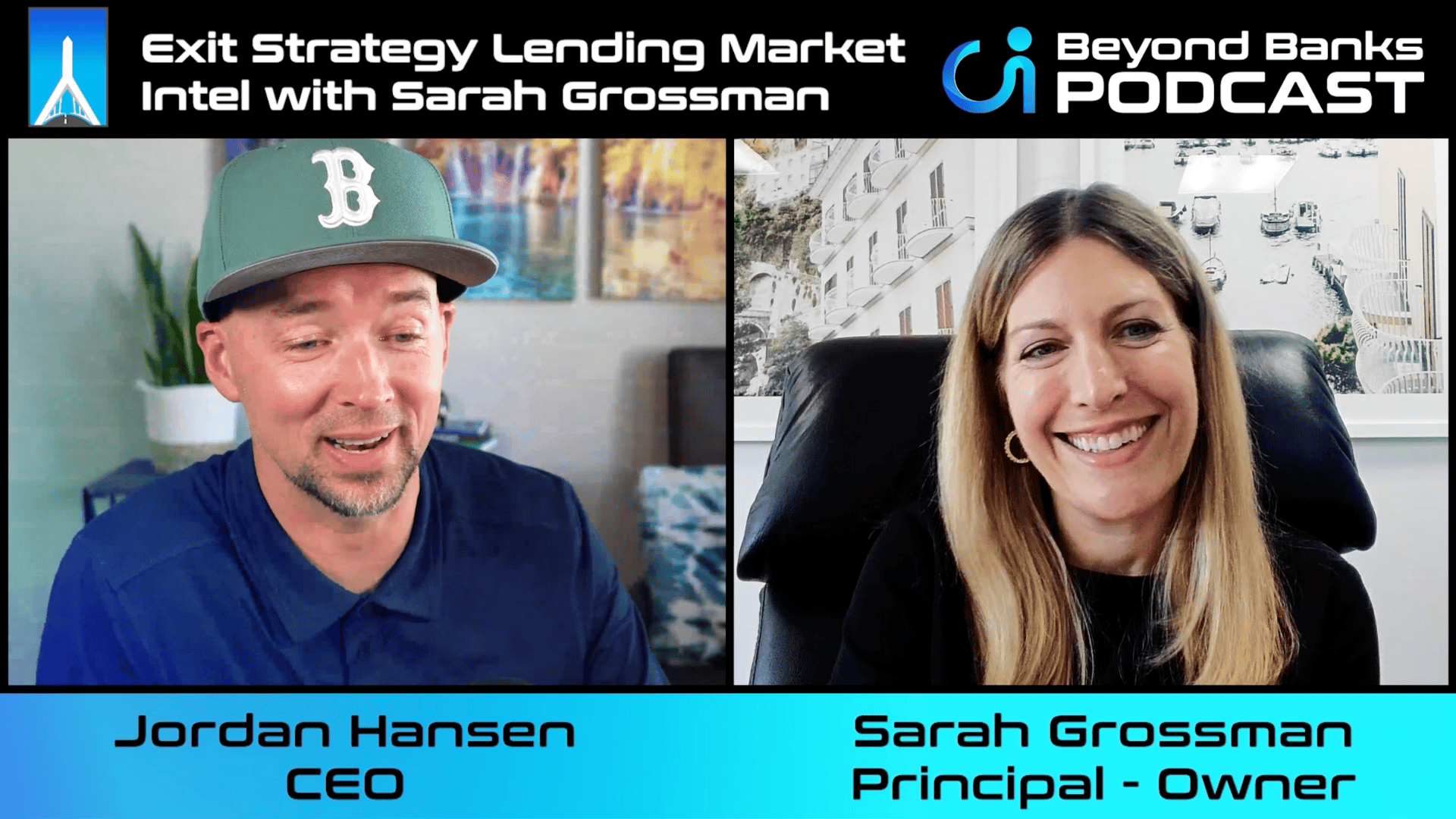
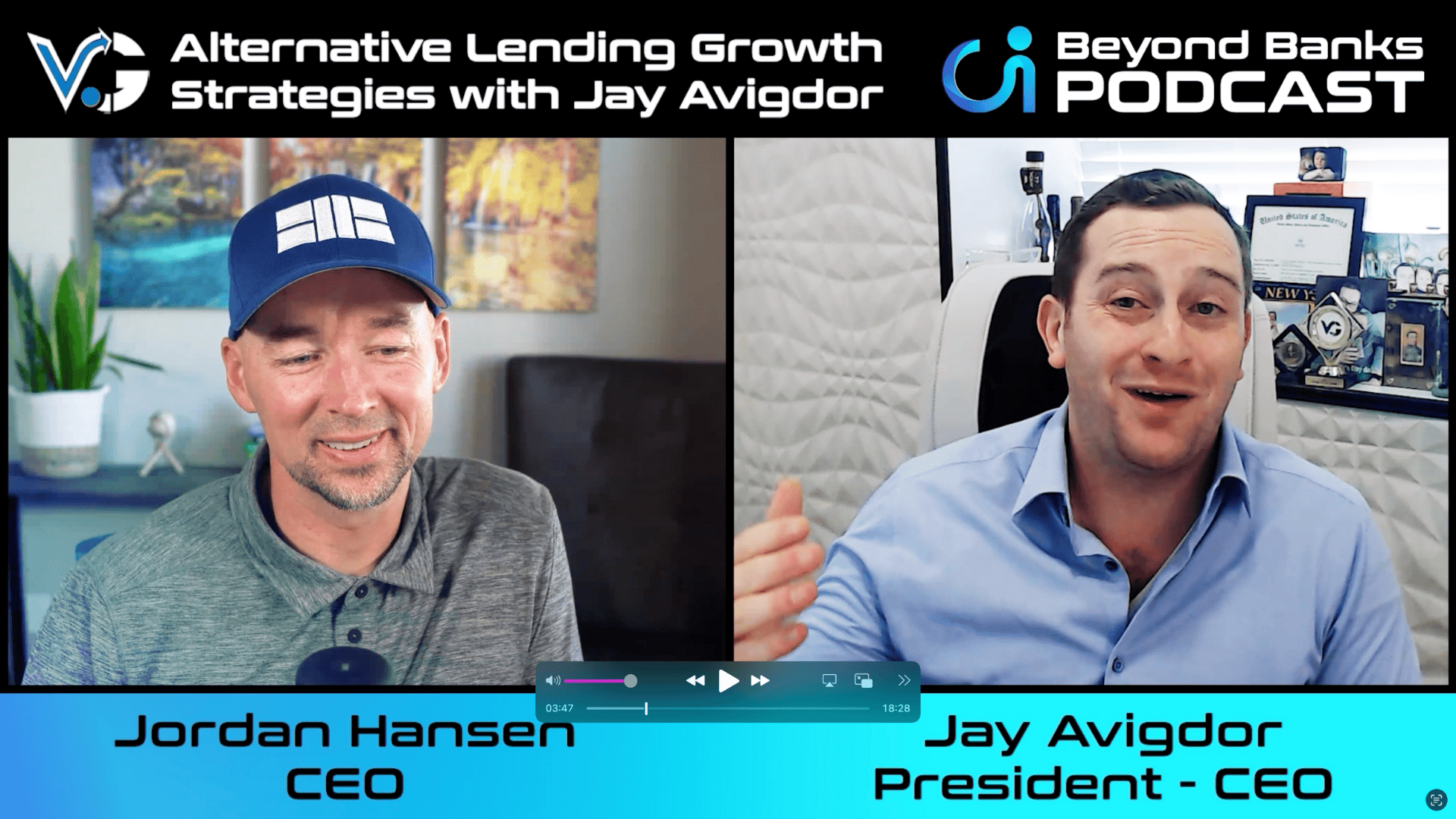
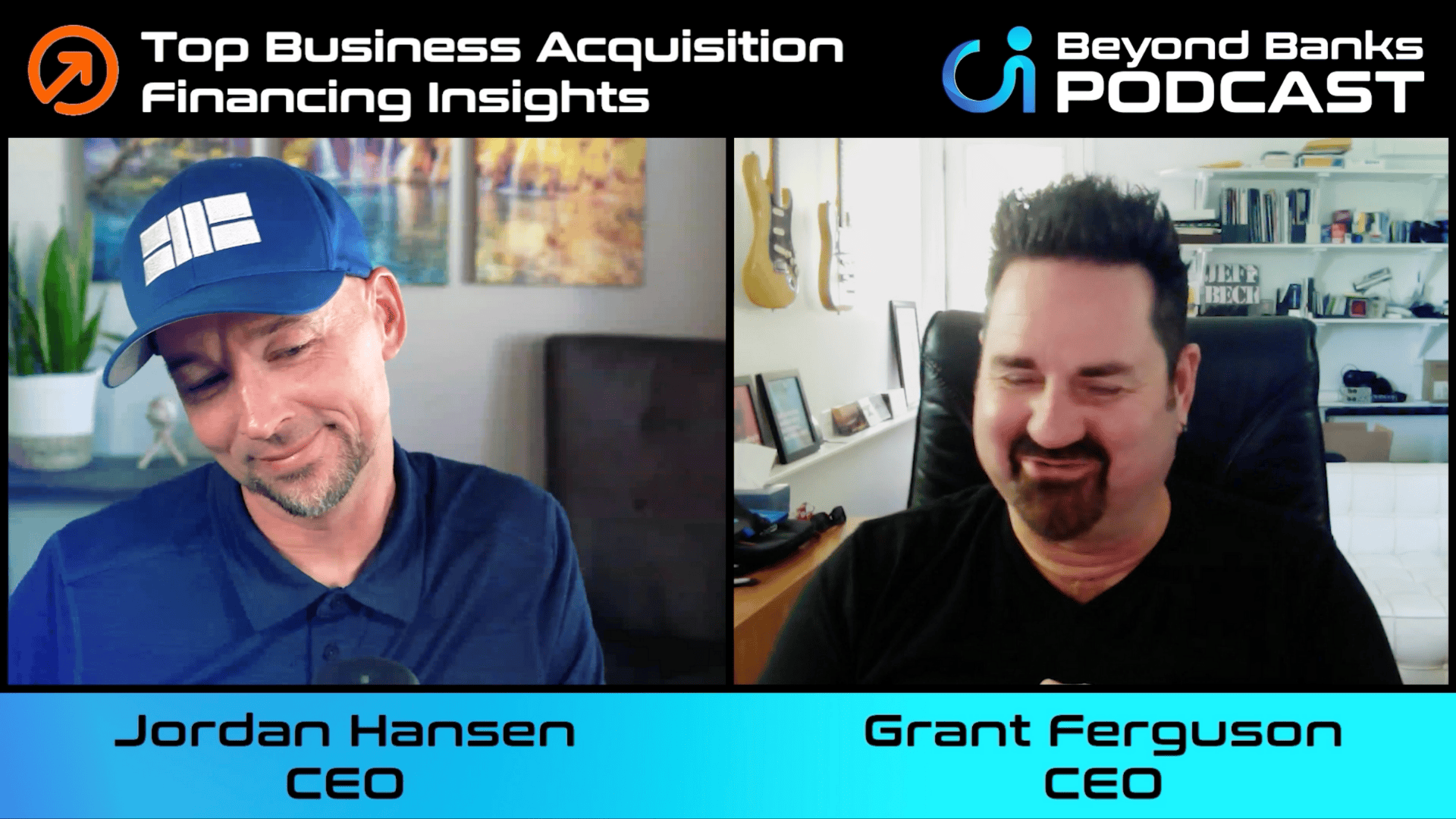
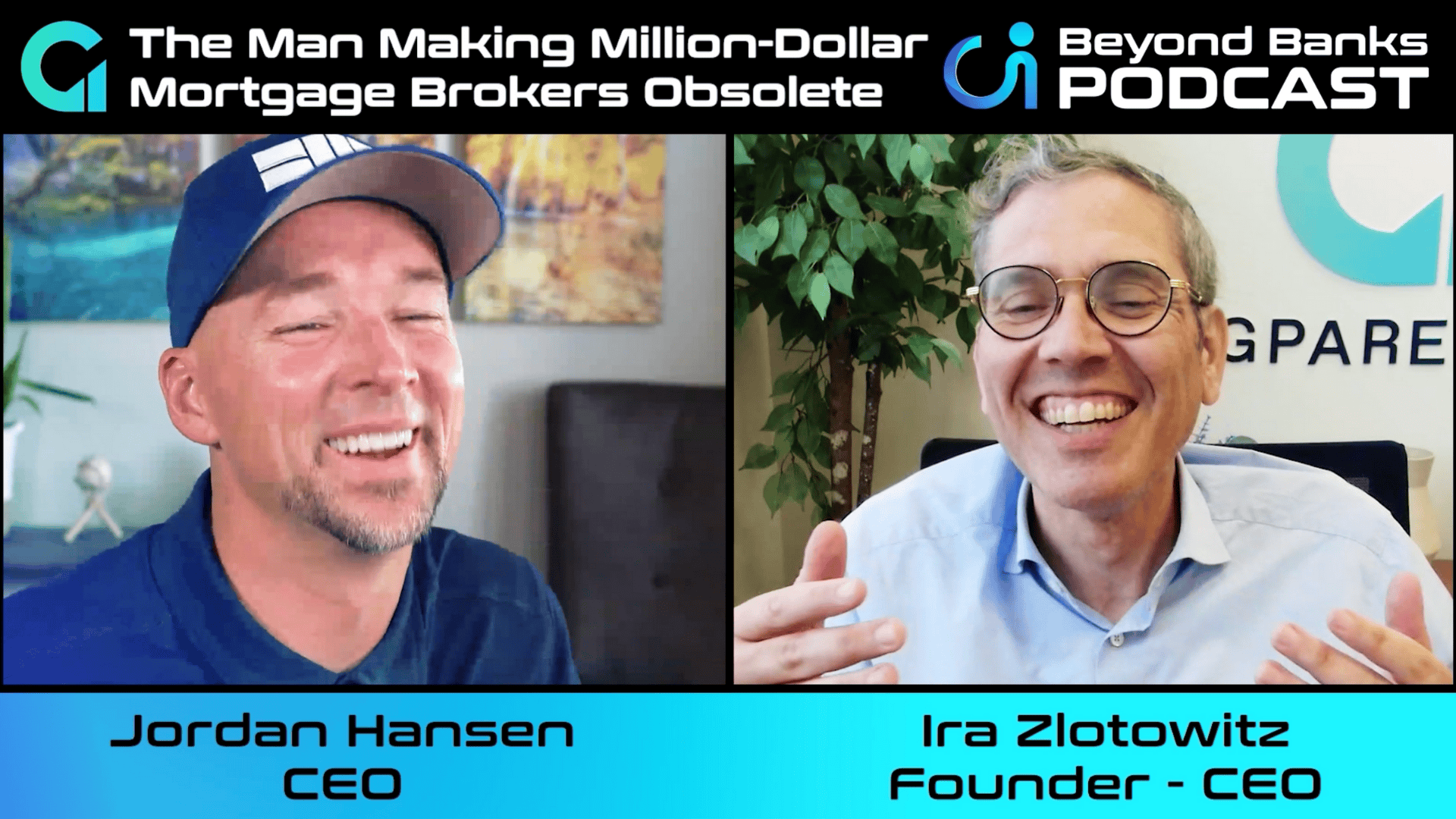
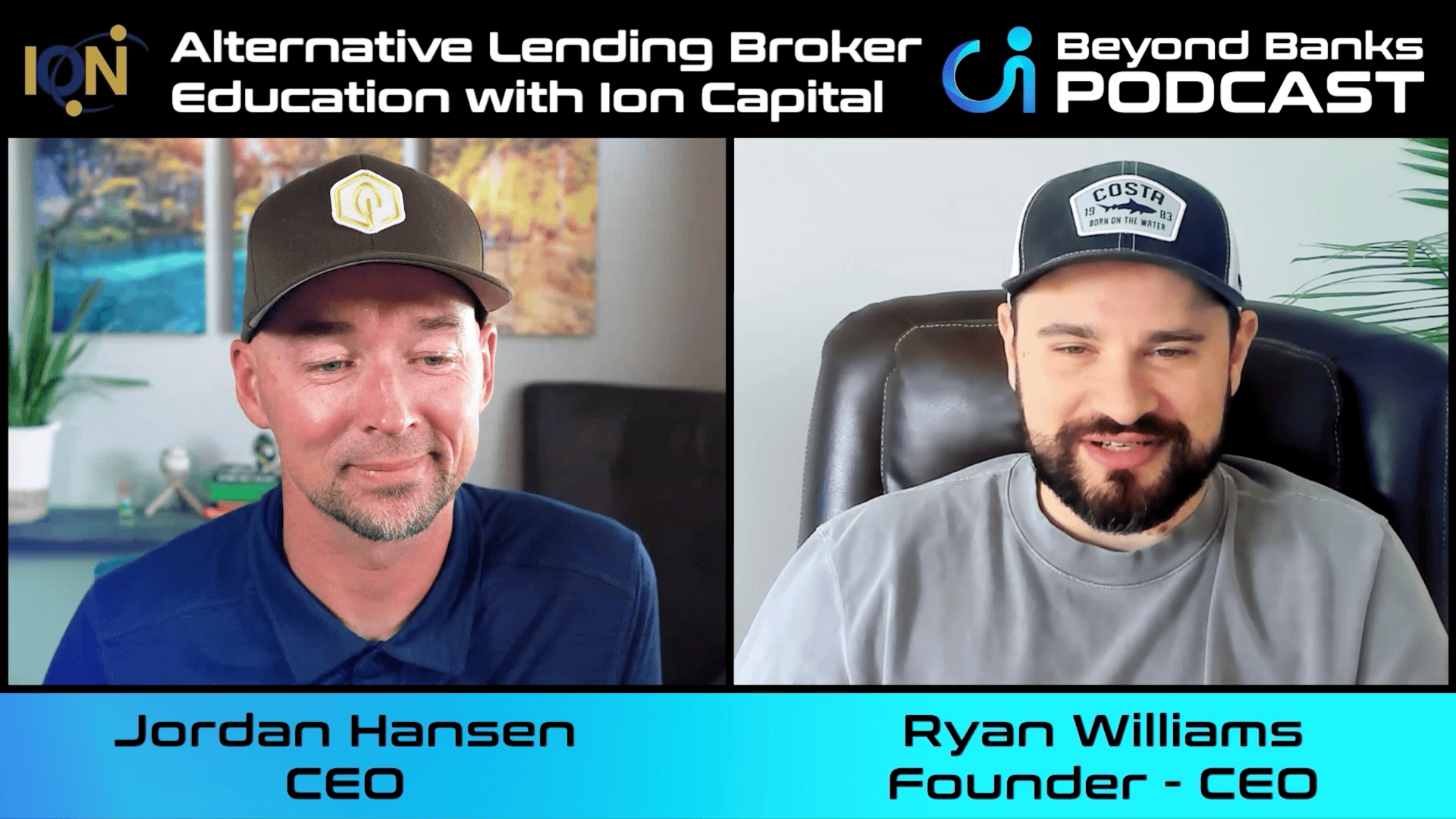
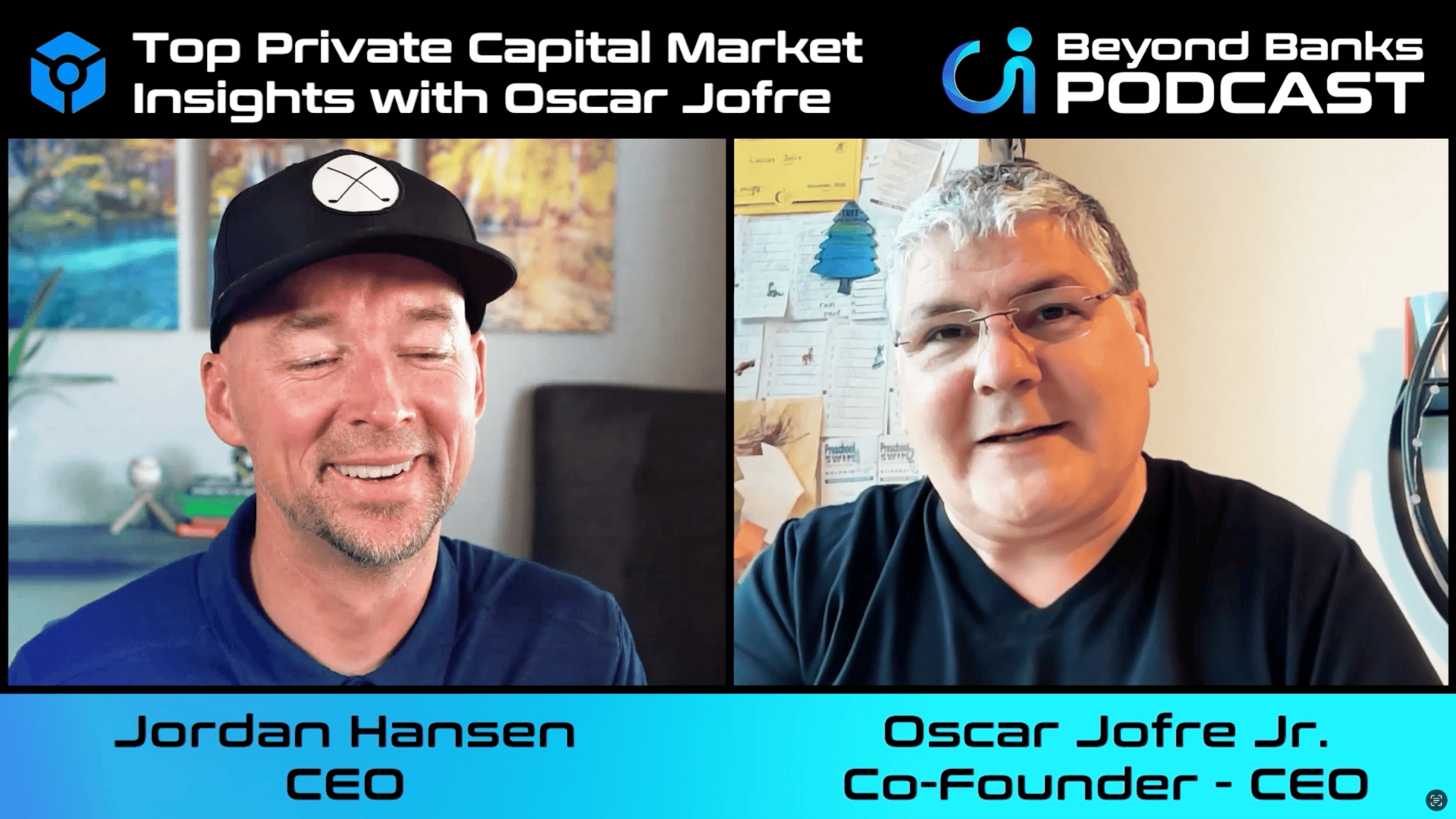

















.png)